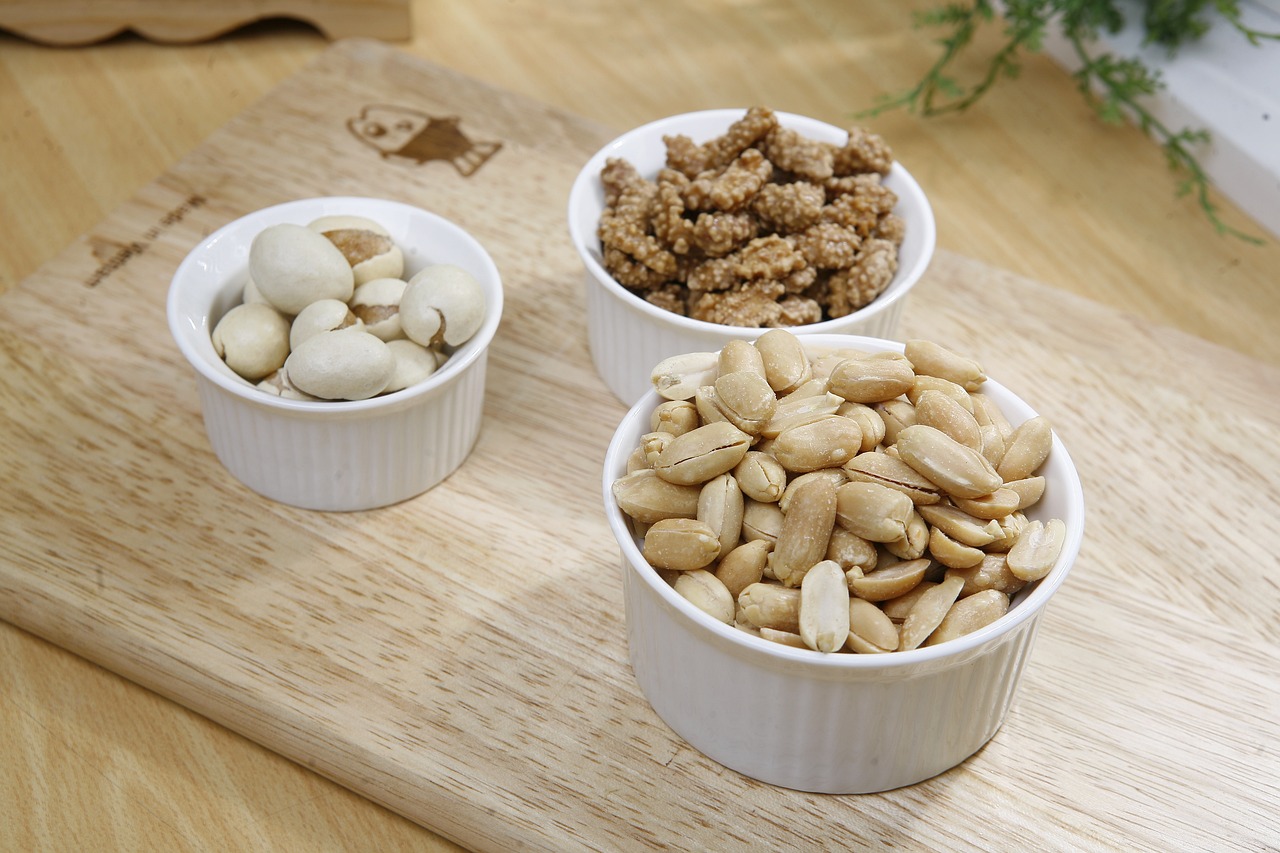Food and fall prevention. How the nursing home ensures a safe and nutritious food handling.
This article is written from a Swedish perspective. Hopefully, it can inspire interested parties from other countries.
Safe and efficient food management in elderly homes is crucial to promoting health and well-being among the residents and to prevent falls. By providing nutritious food, monitoring medication treatment, and creating a safe food environment, the elderly home can contribute to reducing the risk of falls and promoting a high quality of life for the elderly.
 Foto: Mostphotos
Foto: MostphotosA good diet prevents disease - common diseases and disease-related malnutrition.
Calories are a measure of energy, but are most often negatively associated with, for example, the risk of obesity. Fat, protein, and carbohydrates are energy-giving nutrients. Alcohol also provides energy but is not a nutrient. Water, minerals, and vitamins do not provide energy.
Normally, the need for energy decreases as we age. This leads many older people to eat less. At the same time, the need for nutrients remains unchanged or in some cases is even greater. This is in part because older people sometimes have a harder time absorbing nutrients.
The need for energy varies depending on what you do during the day. If you are bedridden, you burn 25 calories per kilogram of body weight. If you are up and moving or exercising, the need increases to 30 and 35 calories, respectively.
There are also disease conditions that increase energy needs. COPD, heart failure, dementia, cancer, Parkinson's, and fractures. In the case of COPD, the energy requirement is estimated to rise to about 40 calories per kilogram of body weight.
When it comes to fluid needs, an upright person is estimated to need 30 ml of fluid per kilogram of body weight per day. All fluids count, and normally the food consumed during the day contains between half a liter and a liter. Any alcohol is excluded. In the case of diarrhea, vomiting or fever, everyone needs to consume extra fluids.
A lack of energy intake can lead to a weakened immune system, breakdown of muscle mass, fatigue, depression, and impaired wound healing. For those who are sick, weight loss largely results in a loss of muscle rather than fat. Breakdown of muscle mass can mean that the elderly person is no longer able to stand and walk and even the heart muscle loses strength. As blood formation deteriorates, the elderly person also becomes more susceptible to infections. Protein intake is important for maintaining muscle mass.
A person over 70 years old or who has a chronic disease should have a BMI over 22. As an elderly person, it is much better to have a little extra weight than to be thin, to have reserves to draw from if they become sick.
Vitamin D is linked to fall risk. We get our vitamin D needs met through sunlight and diet. For those who are older and move into a nursing home, the time in the sun is usually less while the skin's ability to absorb vitamin D from sunlight deteriorates. Younger people need approximately 10 micrograms of vitamin D per day and those over 75 need 20 micrograms per day.
For those who have a vitamin D deficiency, the skeleton becomes softer, and bone pain also occurs. The risk of fracture increases due to osteoporosis but can also cause walking difficulties. In addition to this, the deficiency can lead to cramps, difficulties concentrating, depression, and irritability. Vitamin D is mainly found in fatty fish like salmon. It is also present in dairy products and eggs but often in small amounts, making it difficult to cover the daily requirement.
Calcium is important for the skeleton. The need is unchanged through aging. Here too, dairy products and fish are useful. 5 dl of dairy products covers most of the daily requirement.
The length of night fasting also matters for the ability to get enough energy, protein, and nutrients. More about night fasting in another article.
Food and fall prevention: Why food management is crucial in nursing homes
Managing food in a nursing home is not just about meeting the nutritional needs of the residents, but it also plays a central role in preventing falls. Well-planned and safe food handling can contribute to minimizing the risk of falls and promoting the health and well-being of the elderly in several ways.
Reduces the risk of malnutrition
An important aspect of food management in nursing homes is to ensure that residents receive enough nutritious food and fluid. Malnutrition is a significant risk factor for falls and other health problems in the elderly. By offering nutritious meals and ensuring that the elderly consume enough food and drink, you can help maintain their physical and cognitive functions as well as strengthen their bone structure and muscle strength, which in turn reduces the risk of falls.
Promotes independence and mobility
A balanced and nutritious diet is crucial for maintaining muscle strength and balance in the elderly. By promoting good nutrition and healthy eating habits, the nursing home can help residents maintain their mobility and independence longer. This reduces the risk of falls by making them more capable of handling everyday activities without relying on support or assistance from the staff.
Prevents medicine-related falls
In food management, it is also important to take into account any drug interactions and side effects that can affect the residents' balance and coordination. Some medications can increase the risk of dizziness, fainting, or confusion, which can increase the risk of falls. By carefully monitoring and managing medication treatment and offering adapted meals that reduce the risk of interactions, the nursing home can reduce the risk of medicine-related falls.
Creates a safe food environment
In addition to the nutritional aspects, it is also important to create a safe food environment in the nursing home. This includes following good hygiene routines when preparing and handling food, as well as adapting food service and serving spaces to minimize the risk of accidents and incidents. By maintaining a clean and organized food environment and offering support during meals for those who need it, the risk of falls and other injuries related to food service can be reduced.
Reflection questions - food and fall risk
Care staff:
- Do you offer an early breakfast for those who wake up early?
- Does the person who needs and wishes get a night meal?
- Do you have knowledge of how you can enrich the diet with more energy?
- Have you been trained in the elderly's need for energy, protein, and nutrition?
- Do you contact licensed staff when you see a weight loss?
Manager, nurse, occupational therapist, and physiotherapist:
- Are there snacks easily accessible for those who live in the facility?
- Is energy-enriched food prescribed?
- Do you have functioning routines for weight checks?
- Do you follow up on how you succeed in maintaining weight at group level in the facility?
Resident and relatives:
- Does your relative get the nutrition needed to maintain weight and get all the nutrients?
Erland Olsson
Specialist Nurse
Sofrosyne
Better care every day

Aktuellt i media
-
2025-04-14 04:00
08 Förebyggande o lokaler
The art of furnishing a nursing home, a balancing act between homeliness, functionality, and hygiene aspects.
info -
2025-04-10 04:00
04 Bemötande
Waking up in a nursing home - is the morning routine adapted to each individual's needs?
info Bild: Pixabay
Bild: Pixabay -
2025-04-07 04:00
09 Mat och måltid
For the elderly, it is often important to eat many snacks in order to get enough nutrition.
info Bild: Pixabay
Bild: Pixabay -
2025-04-03 04:00
04 Bemötande
What creates safety in elderly care homes - advice and tips on creating a secure environment for the residents
info -
2025-04-01 00:00
10 Aktivitet o funktionsbevarande arbetssätt
Reminiscing, working with memories, is an activity that creates a lot of added value for people with dementia.
info - 2025-03-31 04:00 05 Planering

